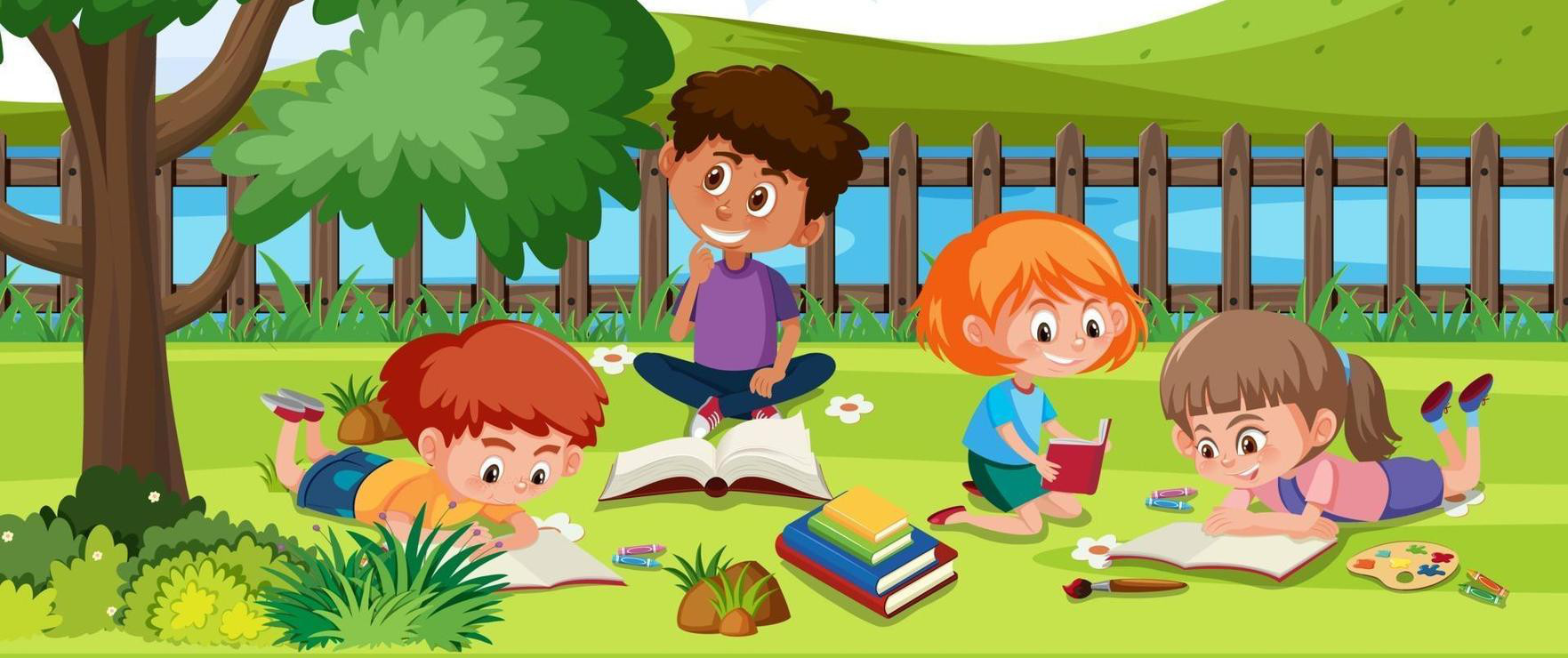Unlocking Potential: The Proven Benefits of Book Clubs for Young Readers and Aspiring Writers
Book clubs are more than just gatherings for book discussions. For young readers and aspiring writers, they can be transformative spaces that encourage intellectual, creative, and social development. In a world where distractions are everywhere, book clubs offer a structured and stimulating environment for literary growth.
Enhanced Reading Skills
Participation in book clubs helps young readers sharpen their comprehension skills. Group discussions encourage readers to delve deeper into stories, analyze themes, and interpret complex narratives. A 2018 study published in The Reading Teacher concluded that students who engaged in group discussions showed notable improvements in vocabulary and comprehension, as compared to those who read alone. You can read more about the benefits of group discussions on The Reading Teacher.
Creativity and Writing Development
For aspiring young writers, book clubs can be a creative haven. Many clubs host writing workshops where participants are encouraged to share their stories and receive feedback. Research from the National Writing Project shows that young writers who receive constructive peer feedback develop stronger writing skills over time. Learn more about peer feedback's role in writing development at National Writing Project. In book clubs, members can experiment with different genres, write creatively, and refine their voice in a nurturing environment. This interaction not only strengthens their craft but also fosters a love for storytelling.
Building Confidence through Communication
Expressing opinions in a group setting can be intimidating, but book clubs provide a supportive atmosphere that allows young readers to voice their thoughts confidently. Engaging in book discussions improves public speaking and communication skills. Studies in Child Development found that students who regularly participate in group dialogues tend to exhibit higher self-esteem and better emotional intelligence. More details can be found in the journal Child Development at Wiley Online Library. Sharing one’s ideas, defending interpretations, and listening to others’ views help build confidence in a way that formal education often doesn’t.
Exposure to Diverse Perspectives
Book clubs introduce young readers to genres and viewpoints they might not encounter in school. Literature can act as a window into different cultures and experiences. The Journal of Educational Psychology emphasizes that exposure to diverse literature fosters empathy, helping young readers understand and appreciate differences in the world. You can find more details in the Journal of Educational Psychology at APA PsycNet. Book clubs often explore a wide range of topics, from fantasy to historical fiction, giving members a broader understanding of the world and enriching their personal perspectives.
Instilling a Lifelong Love for Reading and Writing
Perhaps the most profound benefit of joining a book club is fostering a lifelong passion for reading and writing. The habit of regularly engaging with literature creates intellectual curiosity that can persist into adulthood. The Literacy Trust has reported that children who read for pleasure not only perform better academically but also show improved well-being and mental health. You can explore more about the correlation between reading and well-being at The Literacy Trust. For aspiring writers, continued interaction with literary works can inspire their own creative projects, fueling a love for storytelling that lasts a lifetime.
Book clubs offer countless opportunities for young readers and writers to grow. From enhancing reading skills to building confidence, the impact extends far beyond the pages of a book. Encouraging children to join a book club is an investment in their intellectual, emotional, and creative development.



